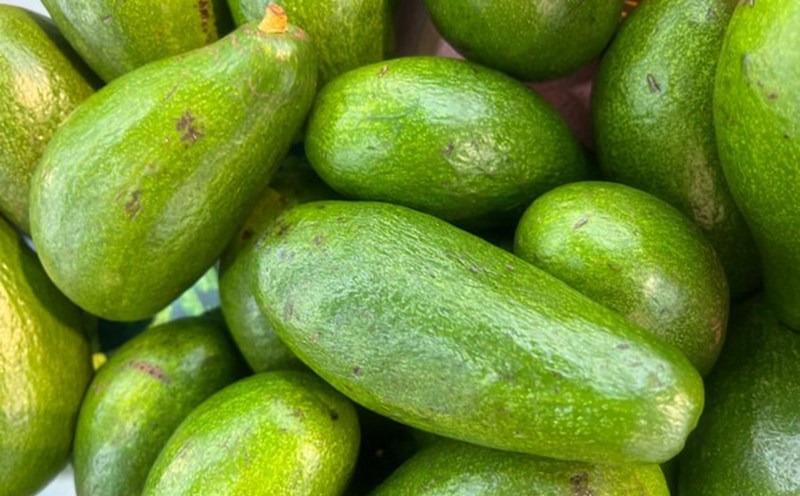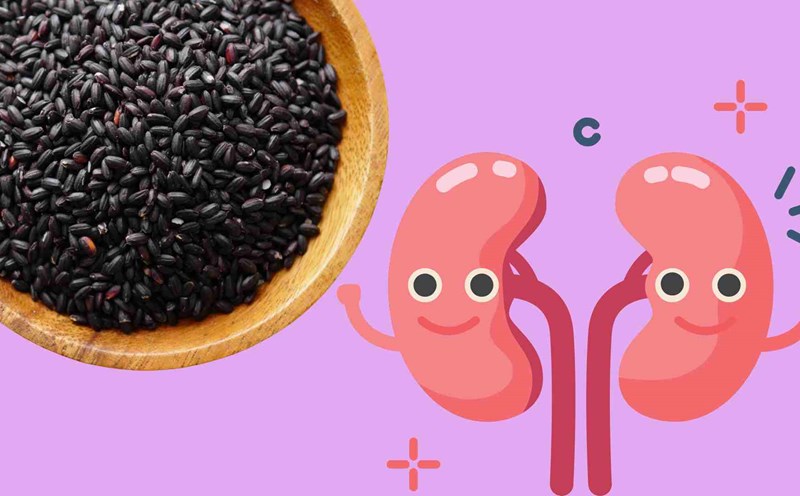Cranberries: Contains proanthocyanidins that help inhibit bacteria from sticking to the walls of the urinary tract, thereby preventing inflammation, one of the causes of kidney damage.
Women who drink cranberry juice regularly reduce the risk of recurrent urinary tract infections by 32% compared to the control group.
The National Kidney Foundation (NKF) recommends using cranberries as part of a diet to support kidney health, especially in people prone to kidney stones or bladder inflammation.
Grapes: Grapes, especially red and purple grapes, are rich in resveratrol, a polyphenol compound with strong antioxidant properties. Resveratrol has been shown to help reduce inflammation, protect liver cells and improve kidney filtering function.
People who consume grapes or grape products have more stable liver enzymes (ALT, AST) and a better glycemic index (eGFR) than those who do not consume them.
This shows that grapes are not only beneficial for the liver but also slow down the process of impaired kidney function.
Apple: Apple is rich in pectin, a type of soluble fiber that can bind cholesterol and heavy metals in the body, supporting excretion through the digestive tract, reducing the burden on the liver.
Regularly supplementing apples can improve liver enzymes and reduce non-alcoholic fatty liver disease (NAFLD). At the same time, thanks to its antioxidant content such as quercetin, apples also help reduce inflammation in kidney tissue.
Grapefruit: Grapefruit is a tropical fruit rich in vitamin C and naringenin, flavonoids that have antioxidant effects, protecting the liver from damage caused by free radicals.
Grapefruit extract has the ability to reduce hepatitis and improve liver enzymes in NAFLD patients.
Grapefruit also helps control weight and blood fat, which are risk factors that directly affect the liver and kidneys.
Blueberries: Blueberries are known for their anthocyanins, an antioxidant that reduces inflammation and improves blood circulation to the kidneys.
A clinical trial on the elderly published in the Journal of Gerontology showed that 12-week consumption of blueberries significantly improved kidney blood flow and reduced inflammation markers.
At the same time, blueberries also help reduce blood pressure, a key factor in preventing chronic kidney disease.








